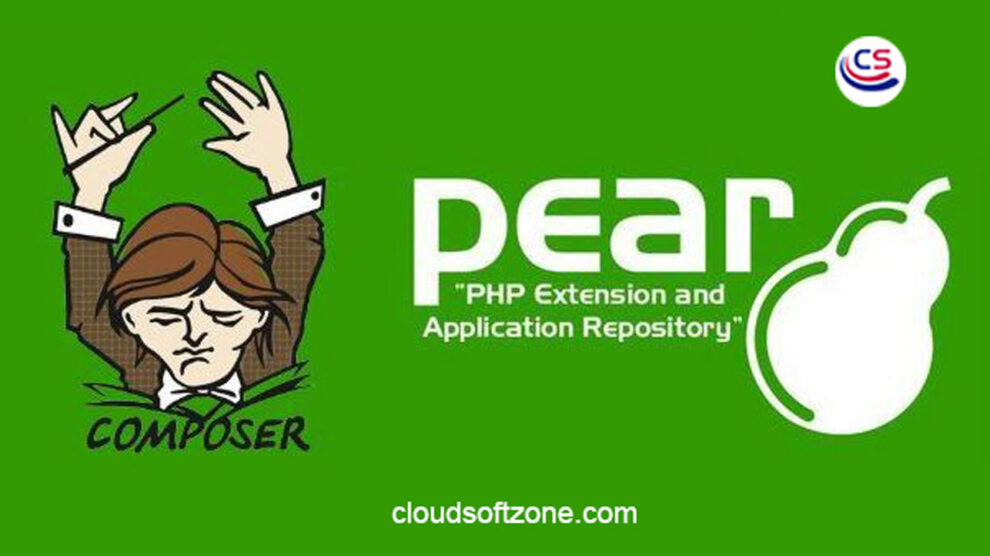PEAR (PHP Extension and Application Repository) is a community-driven framework and repository of reusable PHP code components, often referred to as “packages” or “libraries.” PEAR provides a collection of well-documented and quality-tested code that developers can easily integrate into their PHP applications. The primary goals of PEAR are code sharing, code quality, and code reusability.
Here are some key features and aspects of PEAR in PHP:
- Packages: PEAR packages are individual code libraries or components, each serving a specific purpose. These packages can be anything from database connectors and templating engines to authentication systems and utility libraries.
- Standardization: PEAR emphasizes coding standards and guidelines to ensure that packages are consistent, well-documented, and easy to understand. This commitment to quality makes PEAR packages reliable and suitable for a wide range of applications.
- Packaging and Distribution: PEAR provides tools and infrastructure for packaging, distributing, and installing PHP libraries. The PEAR Installer is a command-line tool that simplifies the installation and management of PEAR packages.
- Version Control: PEAR packages are versioned, which means that developers can choose specific versions of a package to use in their projects. This ensures compatibility and allows developers to manage dependencies effectively.
- Community-Driven: PEAR is driven by a community of PHP developers who create, maintain, and share packages. Anyone can contribute packages to the PEAR repository after undergoing a review process.
- Documentation: PEAR packages typically come with comprehensive documentation, including usage examples, API references, and installation instructions. This documentation helps developers understand how to use the packages effectively.
- Broad Range of Categories: PEAR offers packages in various categories, covering everything from web development and database access to cryptography and XML processing.
- Compatibility: PEAR packages are designed to work with a wide range of PHP versions and are often compatible with both PHP 5 and PHP 7.
While PEAR has been a valuable resource in the PHP community for many years, it’s worth noting that with the advent of modern PHP package management tools like Composer, which offer greater flexibility and a larger ecosystem of packages, the use of PEAR has declined in recent years. Composer has become the de facto standard for managing PHP dependencies and is widely used in modern PHP development. However, some legacy projects and systems may still rely on PEAR packages.
In summary, PEAR is a historical project in the PHP world that aimed to provide a standardized and quality-controlled repository of reusable PHP components. While it played a significant role in the past, modern PHP development typically relies on tools like Composer for dependency management and package integration.













Add Comment